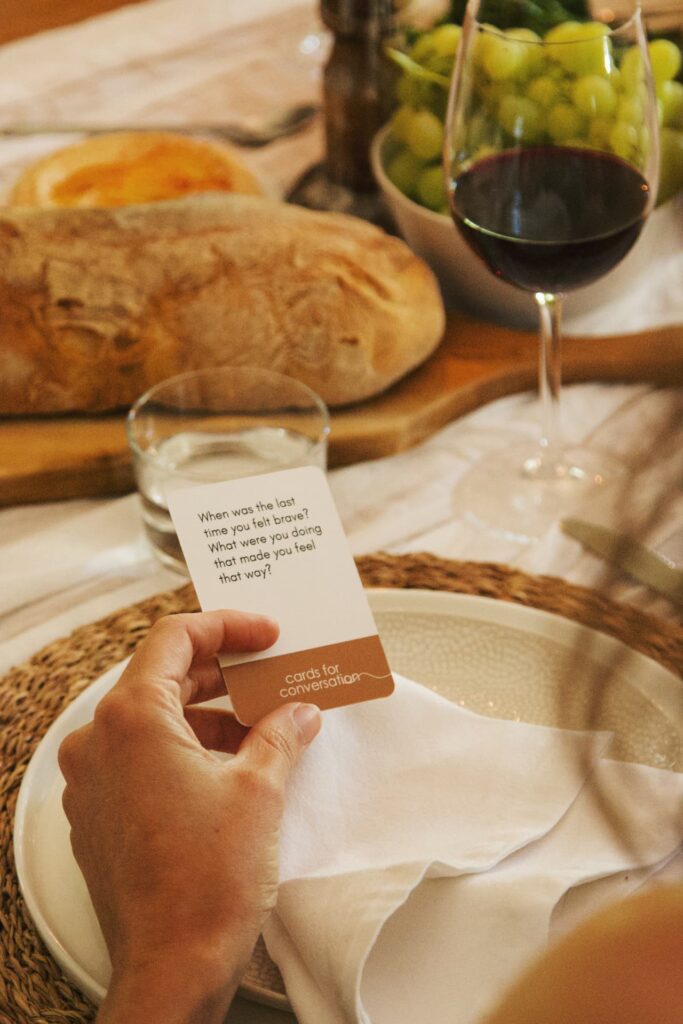

In order for me to answer this question, I need to let you into the 3rd of December 2016, but only the first hour of it for now:
I arrived on scene, just over the rise of the road I could see white vans and orange lights and blue lights and red lights and people and an overturned car. I opened my door and started running, my top knot bouncing around as the glass of broken beer bottles crunched under my bare feet. I just followed the lights. I was the first one of our family on scene. I saw him on the side of the pavement, there were strangers hanging over him. An old woman was holding his IV bag, her words washed a flood of peace over the panic, “I’ve been here since it happened, I’ve been praying since I got here.” I looked at my blood-soaked brother as he lay on the ground, concussed, completely out of it, people around him, shuffling, moving, franticly doing whatever they were doing. Words spilt out of my mouth, “Andrew, I’m here, I love you, I’m here.” He looked up at me with his left eye, we connected for a split second and then he was out again. The rest of that night was a blur of tears and hospital lights and straight-out-of-a-movie surreal scenes.
Within a few hours, I had gone from having two brothers to having one. My world had been turned upside down. The next few years were drenched in grief, PTSD, and anxiety on levels that I had never experienced before, and with that, came the loneliest season of my life.
My brother’s death was broadcast all over social media, it made it into newspapers and radio stations, and there were articles written and city-wide initiatives organised on his behalf. His funeral overflowed with 2500 people in the room and 3500 people watching on live stream. I couldn’t go anywhere without hearing people whisper, “That’s Meg Carrie, that’s Andy Carrie’s sister, the guy who was hit by the drunk driver.”
Repeat: the loneliest season of my life.
I was surrounded by people who knew my story, and yet in person, I was drowning in a sea of “How you?”, “How’s work going?”, “How’s family?” – a set of questions I’ve since dubbed the “go-to trio”. Nothing was the same after my brother died. Work wasn’t work, because I could see him sitting on the couch as I walked into my office every day. And family, well, there was an empty seat at every Roast Chicken Monday and every dinner that followed thereafter. Nothing was the same.
After being stuck in the same conversations for a few years, I realised that something needed to change. I’d done some deep introspection and months of assessing how I felt after certain conversations and I started to notice a trend: the minute someone asked me a question outside of the go-to trio, they created a space for me to talk and expand on what I was processing, and they created a space for me to feel known. And with that knowing, my loneliness was nullified.
And that brings us to Cards for Conversation.
We’re stuck in a cycle of mediocre questions

Does reading someone else's story make you want to share your own? Same.

